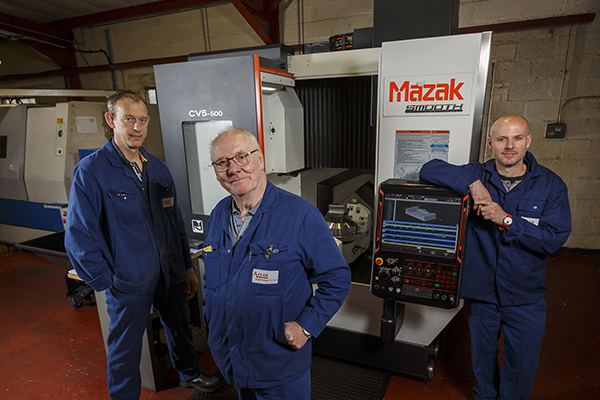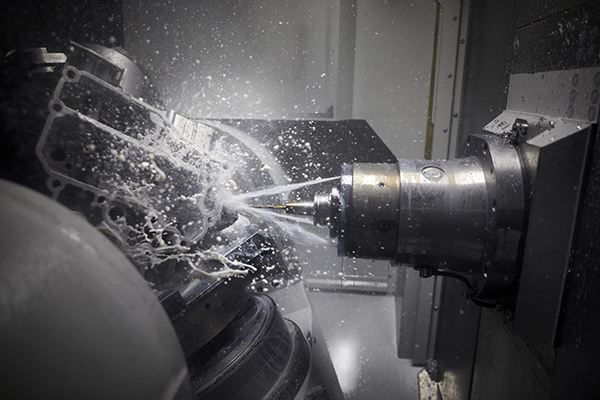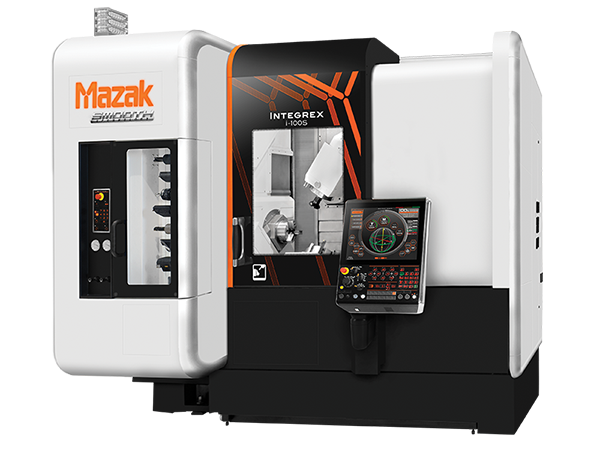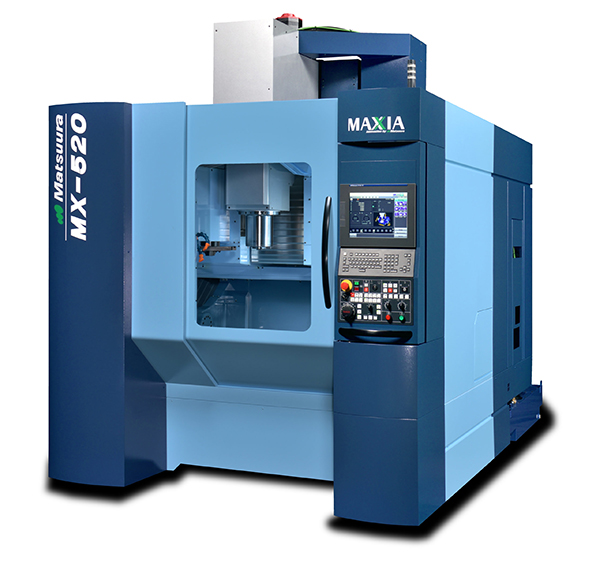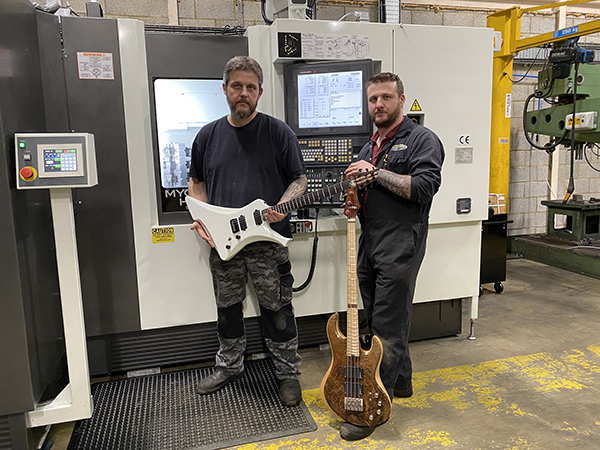
Cramlington-based Arcot Engineering has upgraded its capabilities by investing in a Yamazaki Mazak CV5-500 five-axis machining centre, which Mazak says is suited to engineering companies making their first move into five-axis work.
Kevin Graham, machine shop manager at Arcot Engineering, says: “We have a long history of working with vertical machining centres, but we’ve had ambitions to move into more complex and lucrative five-axis work for some time. The CV5-500 is priced at a very competitive level for subcontract manufacturers like ourselves, but still has the usual Mazak build quality.”
Arcot has developed a strong reputation manufacturing parts for a variety of industries, with particular strength in oil and gas, torque tension tools and hydraulics.
“Our new five-axis capabilities mean we can perform multiple tasks on one machine, which in turn reduces set-up times,” says Steve Mason, machine shop-floor manager. “We’re now doing three, four or five phases of a job in one set up, while also reducing cycle times by a minimum of 30% thanks to the 12,000 rpm main spindle. This machine is going to make us much more competitive.”
The move into more complex five-axis work was aided by Mazak, which provided a full week of off-site training.
“The CV5-500 is programmed using Mazak’s own SmoothX control,” says Mason. “I’ve never run a Mazak before but I’ve found the programming to be really easy and very user-friendly.”
Alan Mucklow, Mazak UK’s managing director – sales and service, adds: “Five-axis is a more complex type of machining, but Arcot Engineering are showing what’s possible when a company has the ambition to try and the will to make it work.”
For further information
www.mazakeu.co.uk






